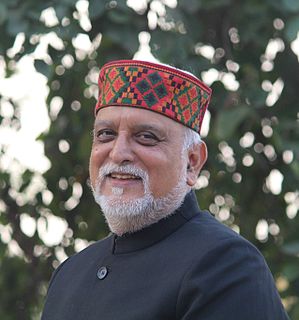A Quote by Ben Shapiro
Google is a private company. It has the capacity to utilize its massive power for whatever political agenda it chooses. But for it to pretend to be an advocate for Internet freedom while simultaneously disadvantaging messages it finds politically incorrect is deeply hypocritical.
Related Quotes
There's been an amazing backlash for the last decade in America: political correctness. In many ways, I think that, while we've been remarkably violent in our media, there's been a real schizophrenia. In private, on the Internet, and on public-affairs shows or talk radio, we're way more explicit than we've ever been. But traditional Hollywood has been much more frightened than it ever was in the '70s about presenting things that could be perceived as politically incorrect.
I wish that Google would realize its own power in the cause of free speech. The debate has been often held about Google's role in acceding to the Chinese government's demands to censor search results. Google says that it is better to have a hampered internet than no internet at all. I believe that if the Chinese people were threatened with no Google, they might even rise up and demand free speech - free search and links - from their regime. Google lives and profits by free speech and must use its considerable power to become a better guardian of it.
Political freedom means the absence of coercion of a man by his fellow men. The fundamental threat to freedom is power to coerce, be it in the hands of a monarch, a dictator, an oligarchy, or a momentary majority. The preservation of freedom requires the elimination of such concentration of power to the fullest possible extent and the dispersal and distribution of whatever power cannot be eliminated — a system of checks and balances.
Viewed as a means to the end of political freedom, economic arrangements are important because of their effect on the concentration or dispersion of power. The kind of economic organization that provides economic freedom directly, namely, competitive capitalism, also promotes political freedom because it separates economic power from political power and in this way enables the one to offset the other
Did you see, after this horrific tragedy in Boston, that [Barack] Obama cannot utter the word 'terrorist.' It's not politically correct. He even called the Fort Hood murderer 'workplace violence.' Because it's politically incorrect to talk about 'jihad,' or to talk about 'terrorist,' or to talk about 'the war on terror.' He won't say those words, because they're politically incorrect.
I'd love if Google ran my cable or phone company. Instead of making their businesses out of telling us what we can't do, GT&T would recognize the benefit of helping us do what we want to do: use the internet more and create more of our own stuff. Google might even figure out how to make connectivity ad-supported and free. Sadly, though, I think Google knows what it is and won't expand into other industries, even if it would be good at running a cable or energy or phone company.

































